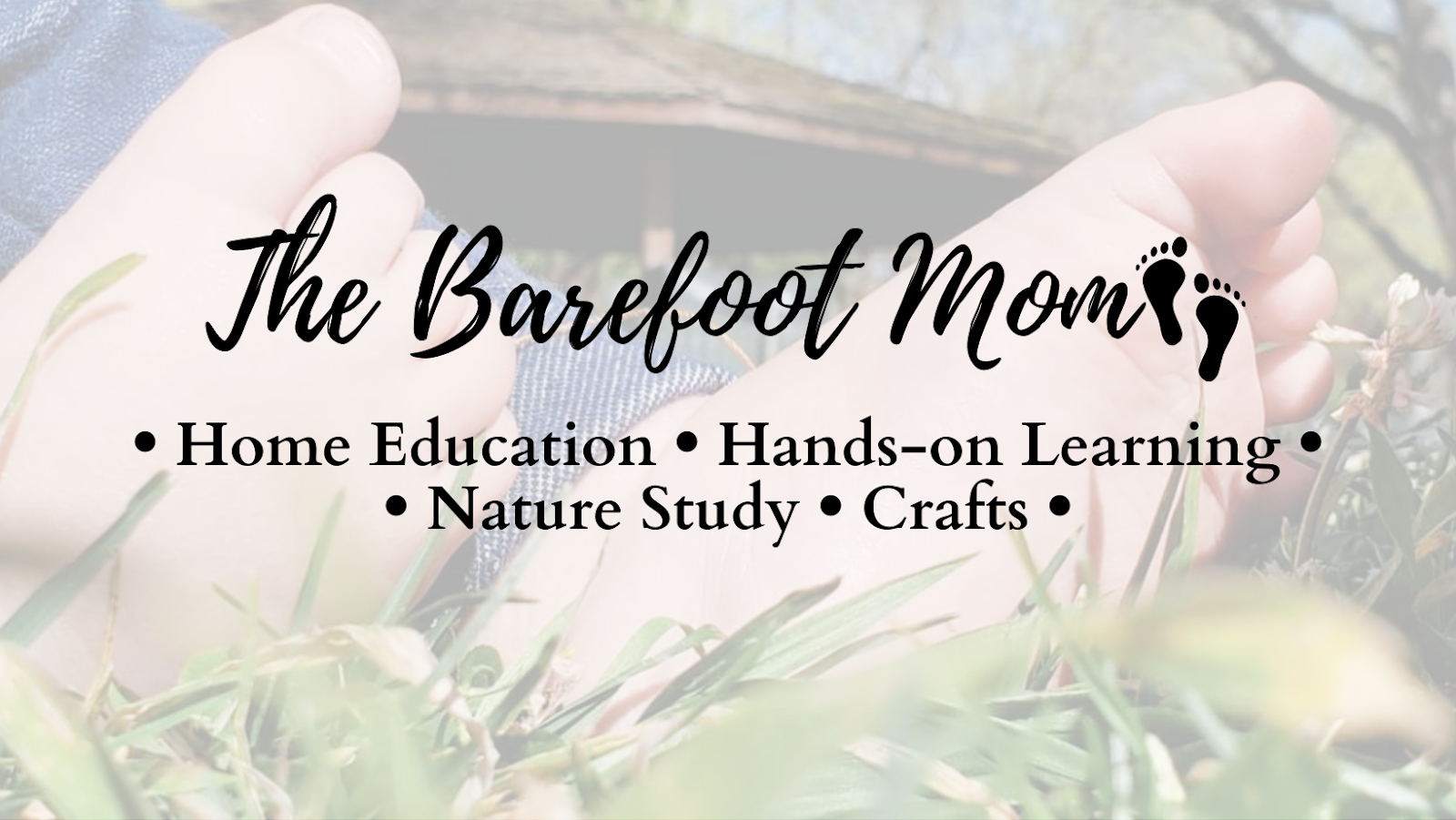Today we had one of those perfect mornings where I'm reminded of all the reasons we homeschool and why it's the right choice for our family. My husband, who usually spends his days on roofs or in the dirt building solar arrays, was called off work for the day because of bad weather. With the rain pounding down on our roof, we all snuggled back in bed and I quietly gave thanks that we didn't have any reason to rush out of bed.
Later, as we took our time getting dressed for the day and I cooked potatoes, eggs, and bacon for breakfast burritos, I again was so thankful that we didn't have to rush out the door in the rain to the bustop, that we could stay in and take the time to cook and eat a real breakfast. We could enjoy this rare weekday morning that my husband was home. I love that we can set our own schedule and be flexible.
I love the freedom that homeschooling gives my family.
There are so many reasons we choose to homeschool and so many reasons why I love it. In addition to no cold wet morning walks to the bus stop, I love that my kids get to have a say in what and how they learn. They can pursue their own individual interests and work at their own pace. Like this year my 7 year old wanted to learn about germs and bacteria, so we ordered The World of Germs kit from the Young Scientists Club's Magic School Bus Series (we had previously used their dinosaur kit and really enjoyed it. You can check out this and their other kits here: http://www.theyoungscientistsclub.com/retailstore/retail-magicschoolbus.html) It was great and came with several experiments where she got to grow bacteria on agar in petri dishes. She loved it and wanted to try some experiments of her own, so I searched Amazon and ordered some pre filled agar petri dishes and steril swabs ( you can purchase them here ). Then I helped her design several of her own experiments. One tested which of our household cleaning products killed germs best (but that's a story for another post).I love the freedom homeschooling gives my children to pursue their individual interests.
I love that they aren't trapped doing work for just one particular grade level either. My 7 year old currently reads and writes at about a first grade level. Is doing 2nd and 3rd grade math. And as far as science and social studies go, we just help her follow her interests, so she's not working at any particular grade level.Another reason we chose to homeschool is the amount of time kids spend in traditional school.
Six hours a day, five days a week, plus homework is overkill in my opinion. Kids need time to play and be creative. We are able to get everything done in two hours (sometimes less) each day (though I'm sure this time will increase a bit as my kids get older and go on to more difficult subjects). This leaves us lots of time for crafts, playing outside, nature walks, playdates at the park, etc... Kids need time to be kids.Something else that's important to me is free thinking.
Public schools too often, just teach kids to do as they're told. I don't want my kids to just do what they're told. I want to raise free thinkers who question and research everything. I want my kids to think outside the box. I want them to have time to be creative. I want them to have plenty of chances to do things wrong, so they have to figure out why it didn't work and try something new. It's learning how to obtain information and the drive for learning that's important about school, not the memorized facts that most people forget by adulthood anyway.A child who loves to learn and knows how to obtain knowledge will grow up to be a lifetime student, continuously seeking knowledge.
I could probably go on all day about this subject. There are just so many reasons homeschooling is the right choice for us. I love getting to spend my days watching our kids learn. I am truly blessed!What are your biggest reasons for homeschooling?
Follow me on:





Comments
Post a Comment